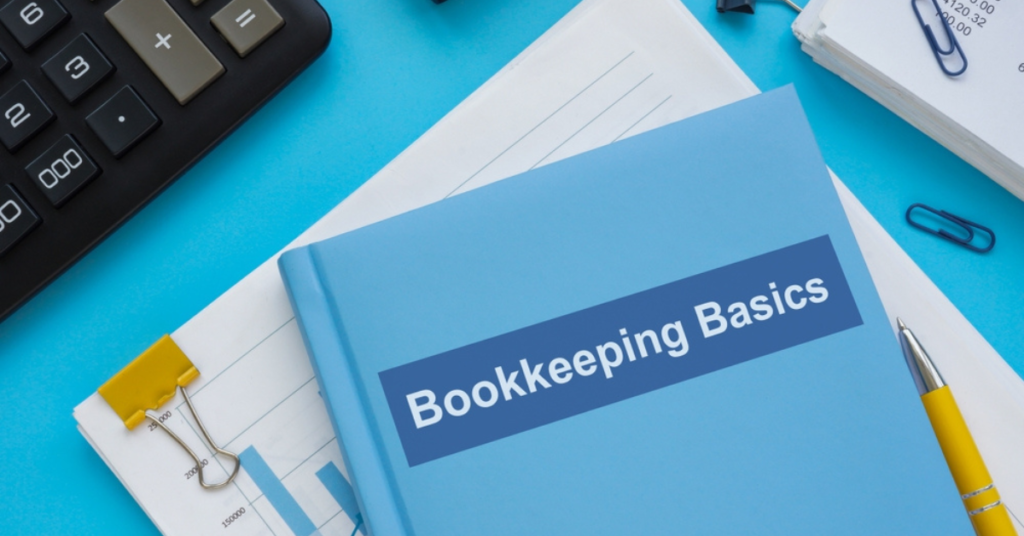Bookkeeping is a fundamental aspect of running a successful small business. Proper bookkeeping ensures accurate financial records, aids in decision-making, and ensures compliance with tax regulations. Here are the basics of bookkeeping that every small business owner should know.
What is Bookkeeping?
Bookkeeping is the process of recording, organizing, and maintaining financial transactions and information related to a business. It involves tracking income, expenses, assets, liabilities, and equity. Accurate bookkeeping provides a clear picture of your business’s financial health.
Importance of Bookkeeping
Bookkeeping is crucial for small businesses for several reasons:
Financial Clarity: Helps understand the financial status of your business.
Decision Making: Provides data to make informed business decisions.
Tax Compliance: Ensures accurate tax filings and helps avoid penalties.
Financial Statements: Essential for preparing financial statements like balance sheets and income statements.
Setting Up a Bookkeeping System
Choose a bookkeeping system that suits your business needs. You can opt for manual bookkeeping using ledgers and journals or digital bookkeeping using software. Many small businesses prefer bookkeeping software for its efficiency and accuracy.
Recording Financial Transactions
Record all financial transactions promptly and accurately. This includes sales, purchases, receipts, and payments. Use double-entry bookkeeping, where each transaction affects at least two accounts, ensuring the accounting equation (Assets = Liabilities + Equity) stays balanced.
Categorizing Business Expenses
Categorize expenses to monitor where your money is going. Common expense categories include utilities, rent, salaries, office supplies, and marketing. Proper categorization helps in analyzing spending patterns and identifying cost-saving opportunities.
Managing Invoices and Receipts
Keep track of all invoices issued and received. Promptly follow up on unpaid invoices to maintain cash flow. Store receipts and proof of expenses to support your bookkeeping records and for tax purposes.
Reconciling Bank Statements
Regularly reconcile your bank statements with your bookkeeping records. This involves comparing your recorded transactions with your bank statement to ensure they match. Reconciliation helps in identifying discrepancies and ensuring accuracy.
Using Bookkeeping Software
Bookkeeping software simplifies the process and improves accuracy. Popular options include QuickBooks, Xero, and FreshBooks. These tools offer features like automated transaction recording, expense tracking, and financial reporting.
Preparing Financial Statements
Bookkeeping provides the data needed to prepare financial statements. The main financial statements are:
Balance Sheet: Shows your business’s assets, liabilities, and equity at a specific point in time.
Income Statement: Summarizes your business’s revenue and expenses over a period, showing profit or loss.
Cash Flow Statement: Details the inflows and outflows of cash, indicating the liquidity of your business.
Tax Preparation
Accurate bookkeeping is essential for tax preparation. Keep detailed records of income and expenses to ensure accurate tax filings. Good bookkeeping practices help in identifying deductible expenses and reducing tax liabilities.
Seeking Professional Help
Consider hiring a professional bookkeeper or accountant if bookkeeping becomes overwhelming. Professionals can provide expertise, ensure accuracy, and help with complex financial issues. They can also offer advice on improving financial management and growing your business.
Bookkeeping Tips for Small Business Owners
- Stay Organized: Keep financial documents organized and easily accessible.
- Regular Updates: Update your books regularly to avoid backlog and errors.
- Monitor Cash Flow: Keep a close eye on your cash flow to maintain financial stability.
- Use Technology: Leverage bookkeeping software to streamline processes.
- Review Regularly: Regularly review your financial records to identify trends and issues
Conclusion
Bookkeeping is a critical component of small business management. By understanding the basics, setting up an efficient system, and maintaining accurate records, you can ensure the financial health of your business. Regularly updating your books, using the right tools, and seeking professional help when needed will make bookkeeping manageable and beneficial for your small business.


